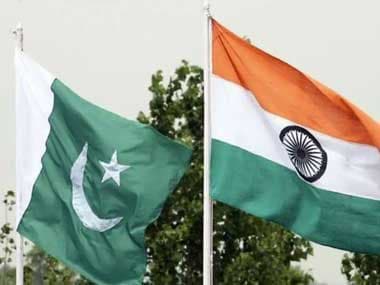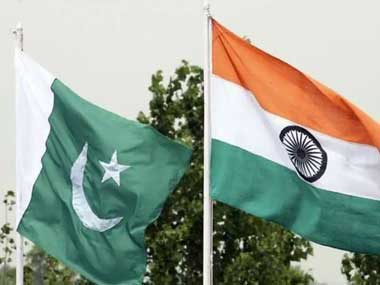After a back-and-forth of accusations of mistreating the diplomats in the high commissions of India and Pakistan earlier this year, new reports emerged about Indian diplomats facing harassment in Pakistan on Saturday. ANI reported that Indian officials in the neighbouring country were being denied new gas connections while internet services of some senior officials were blocked. A case of breaking and entering in an Indian diplomat’s house was also reported in the first week of December. Sources said that the Centre has taken up the matter with Pakistan’s Ministry of Foreign Affairs, according to ANI. In July of this year, speaking in the Parliament, Minister of State, External Affairs, General VK Singh said, “Government of India has, from time to time, taken up the incidents of harassment, aggressive surveillance and intimidation of the officials of the Indian High Commission in Islamabad and also the obstacles placed in the early completion of residential complex for the Indian High Commission officials. The Pakistan side was asked to resolve these issues and ensure the safety and security of our diplomatic mission and its diplomatic and consular officials.” [caption id=“attachment_5126471” align=“alignleft” width=“380”]  Representational image. Reuters[/caption] Incidents of harassment of diplomats on both sides were reported earlier this year too, after which “high level” talks helped resolve the issue at the time. India and Pakistan on 31 March announced that they agreed to mutually resolve all issues about the treatment of diplomats. The agreement followed claims and counter-claims by the two countries about harassment of each other’s diplomats. “India and Pakistan have mutually agreed to resolve matters related to the treatment of diplomats and diplomatic premises, in line with the 1992 ‘Code of Conduct’ for treatment of Diplomatic/Consular personnel in India and Pakistan,” the Ministry of External Affairs said in a statement. A similar statement was issued by Pakistan Foreign Office. The code provides for “smooth and unhindered functioning” of the diplomatic and consular officials of the two countries in conformity with the international laws without violating their privilege and immunity. The code also says that the two countries should not resort to intrusive and aggressive surveillance and actions such as verbal and physical harassment, disconnection of phone lines, etc. Earlier in march, India had asked Pakistan to ensure safety and security of its officials working at the Indian mission in Islamabad, saying they continue to face “harassment” and “intimidation”. In its 16th ‘Note Verbale’ to the Pakistan Foreign Ministry on 22 March, the Indian High Commission specifically mentioned three incidents of harassment of senior officials. Pakistan had claimed that there had been as many as 26 instances of harassment and intimidation of its diplomats in March 2018, following which Islamabad called back its high commissioner Sohail Mahmood for discussions on the issue. With inputs from agencies
After a back-and-forth of accusations of mistreating the diplomats in the High Commissions of India and Pakistan earlier this year, new reports emerged about Indian diplomats facing harassment in Pakistan on Saturday.
Advertisement
End of Article


)

)
)
)
)
)
)
)
)



